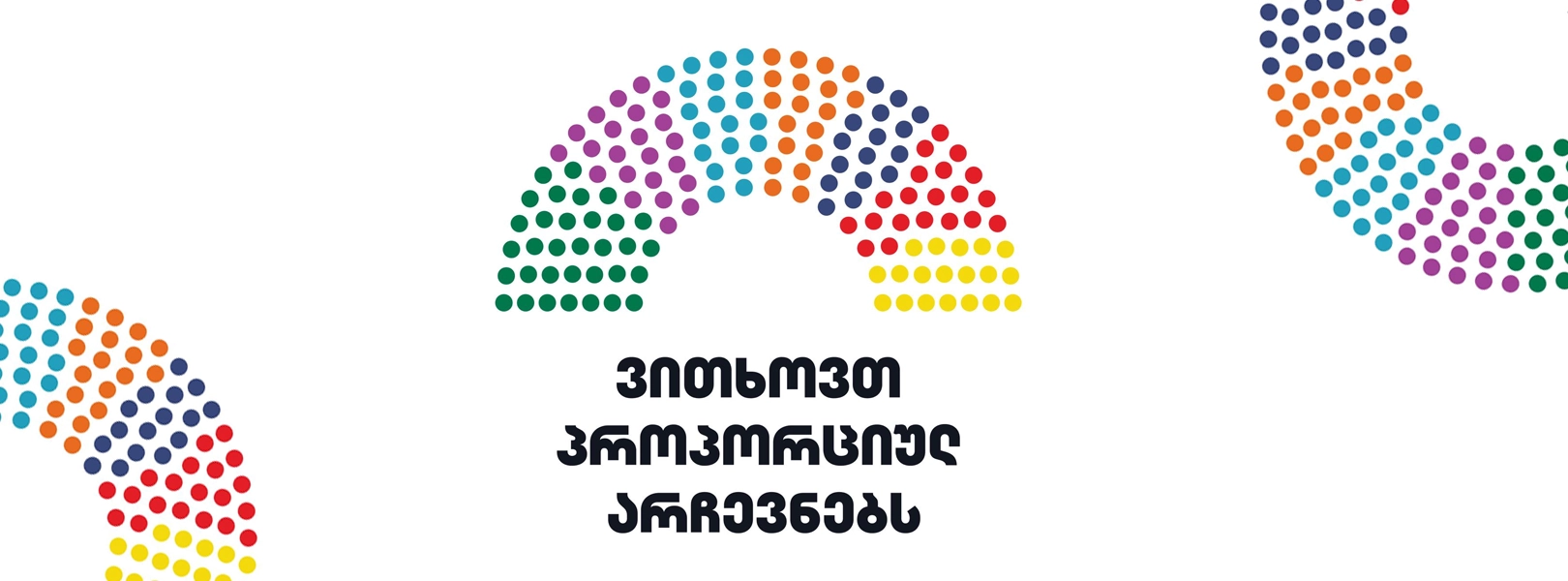The 93-day protest in 2019, triggered by Sergei Gavrilov’s controversial visit as deputy of the Russian Communist Party to Georgia, had three specific demands. The foremost among these was the shift to a proportional electoral system for the 2020 elections. This request was motivated by several key factors:
- A proportional electoral system fosters a multi-party environment, contrasting with the two-party dynamic of majoritarian systems.
- More parties gain representation in parliament under proportional systems compared to majoritarian or mixed systems.
- Proportional systems significantly reduce the discrepancy between votes received and seats obtained by parties, unlike majoritarian or mixed systems.
- Such a system prevents a party from entering parliament with a constitutional majority of ¾ despite receiving less than half of the votes.
- Governments formed under proportional systems tend to be coalitions, in stark contrast to the predominantly single-party governments often seen in majoritarian and mixed-majoritarian systems.
Throughout independent Georgia’s history, virtually all political, social, and economic challenges have stemmed from single-party rule. This burden has weighed on domestic policy as heavily as foreign occupation has on foreign policy. Thus, following the tragic events of June 20, 2019, Georgia’s civil society demanded fully proportional elections. This reform aimed not only to curb unchecked and imbalanced power in the present but also to safeguard the country against autocratic rule in the future. A century later, our aspirations mirror those enshrined in the 1921 Constitution: proportional elections, genuine self-governance, and an impartial judiciary. This vision, originally articulated by the state’s founders for Georgia, resonates today, representing a rare consensus amid polarization fostered by adversaries of the country’s progress.
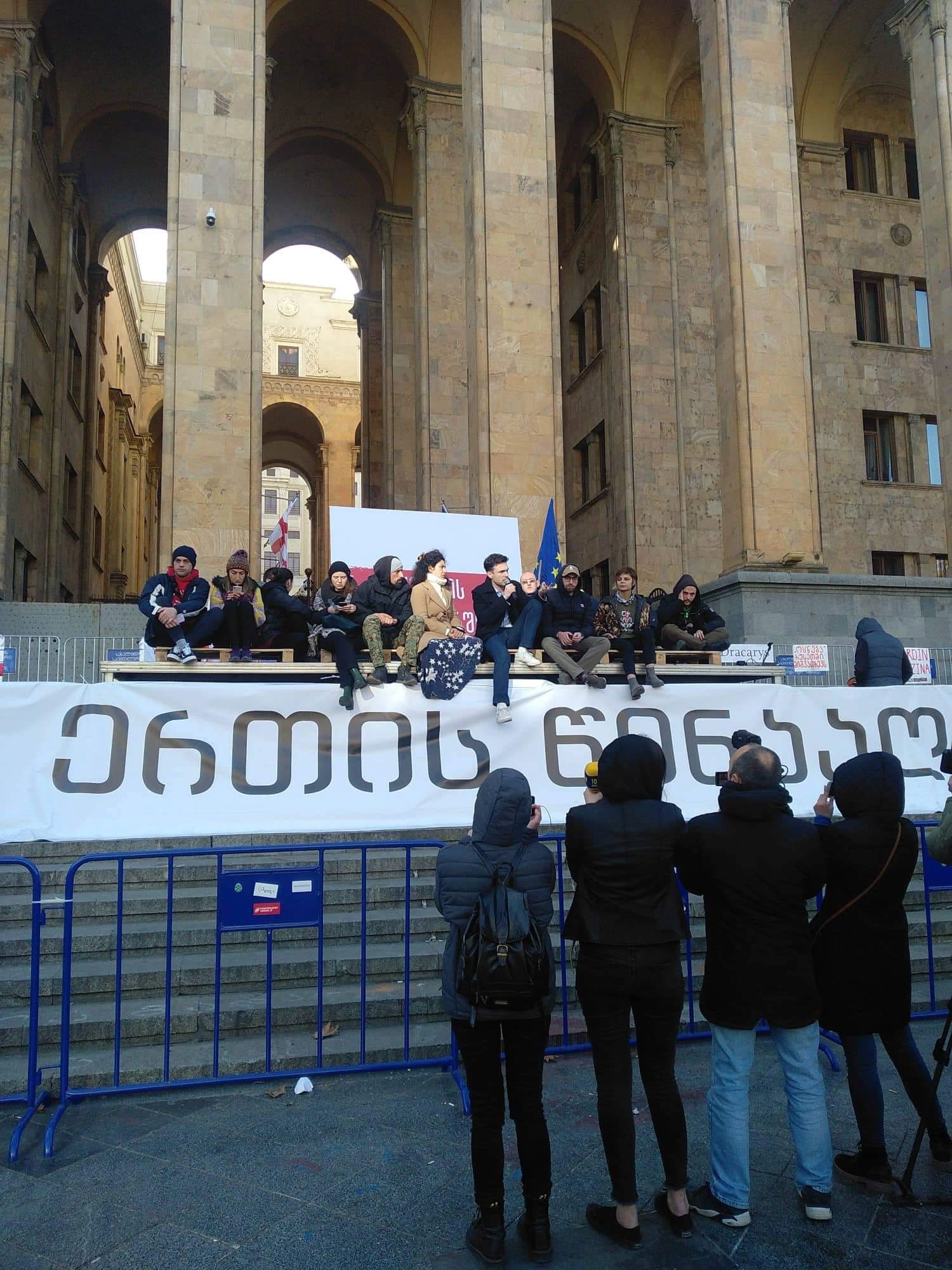
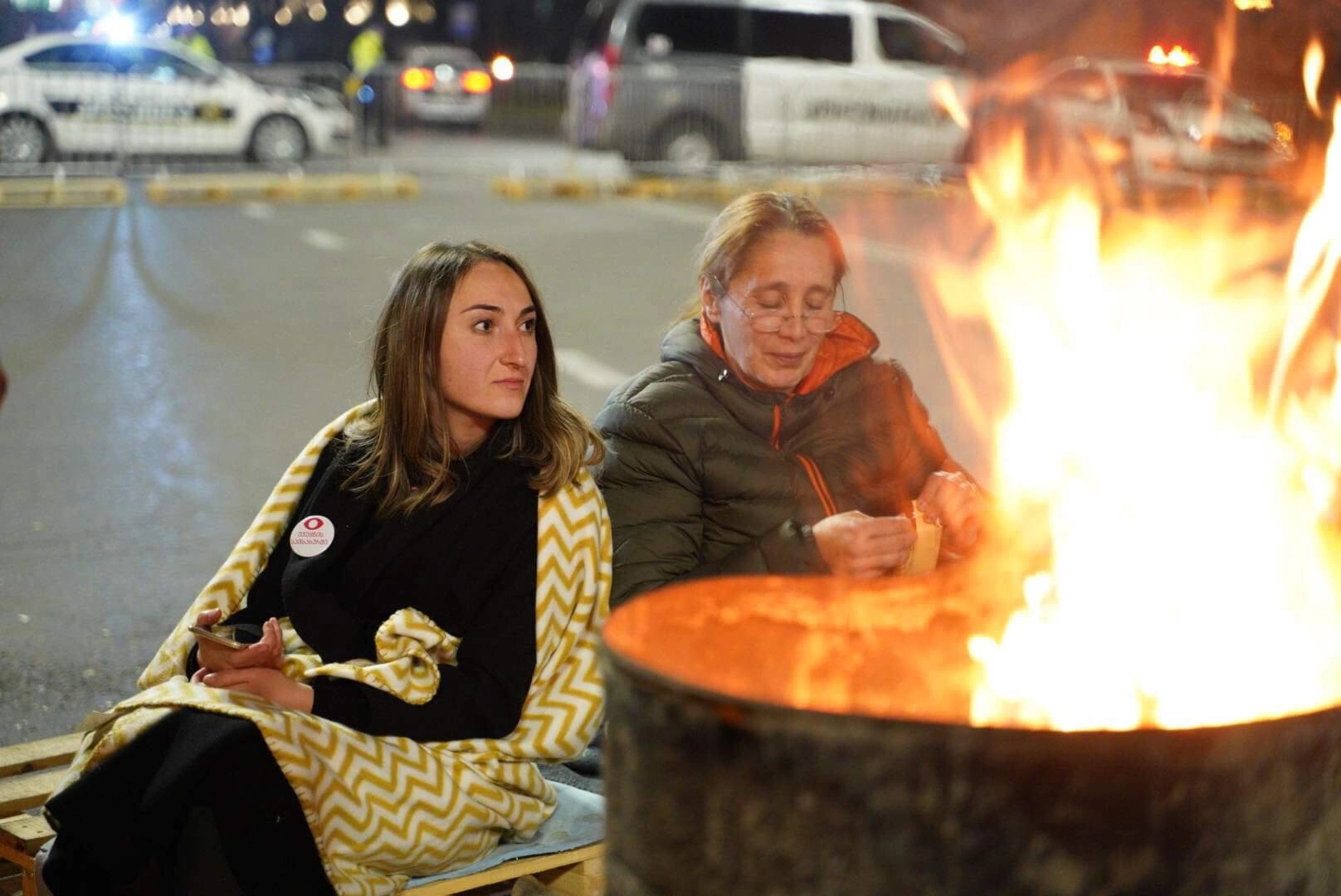
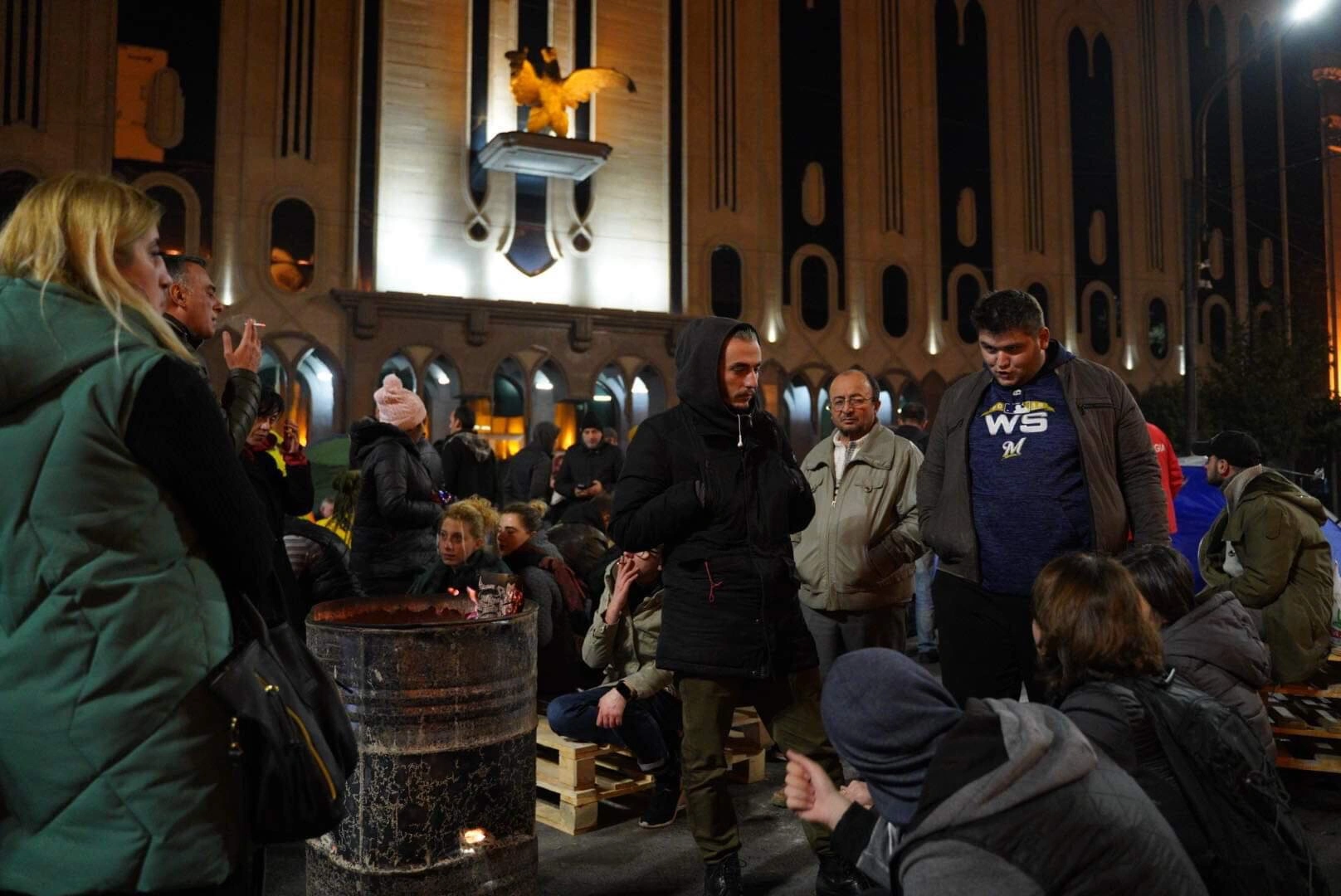
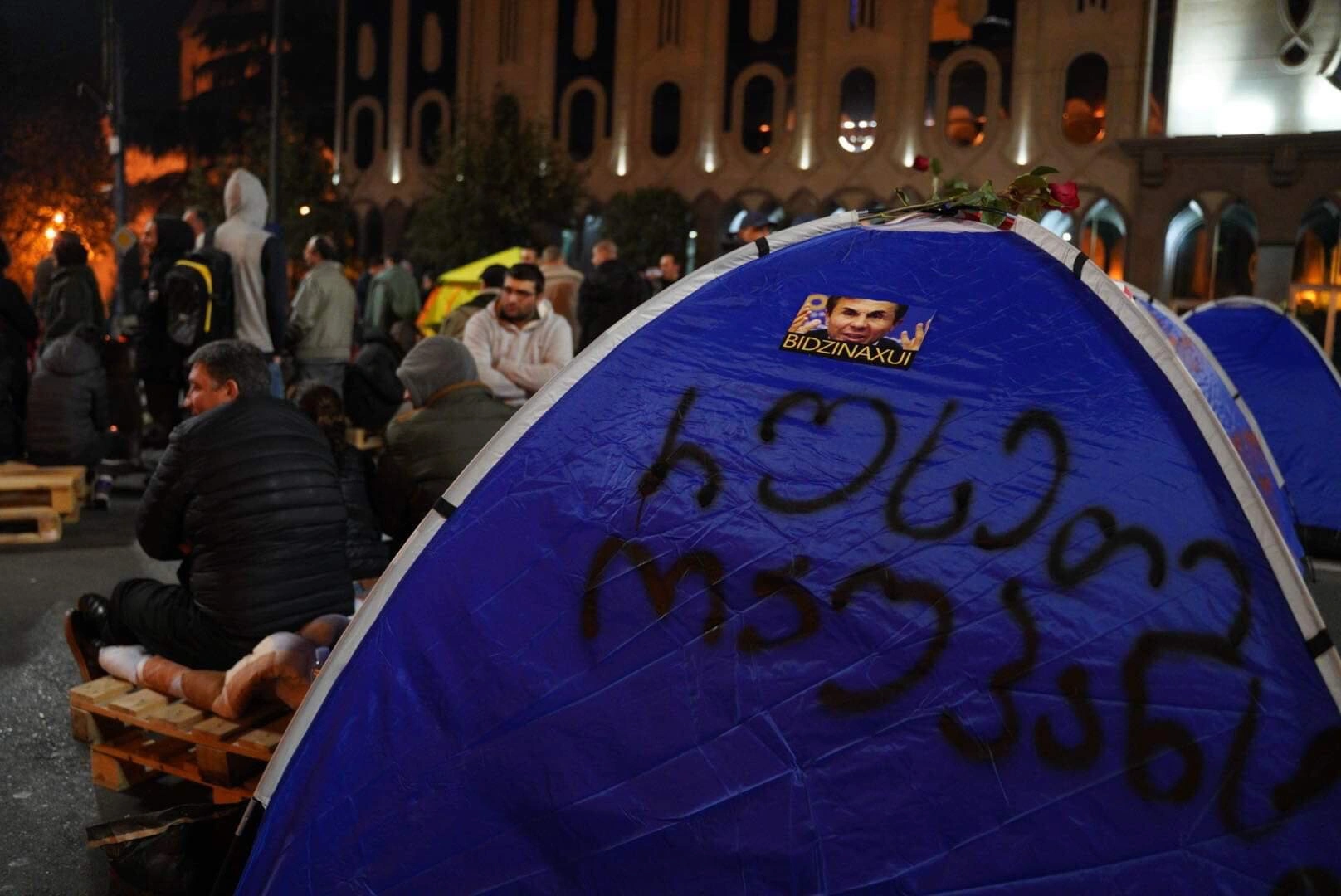



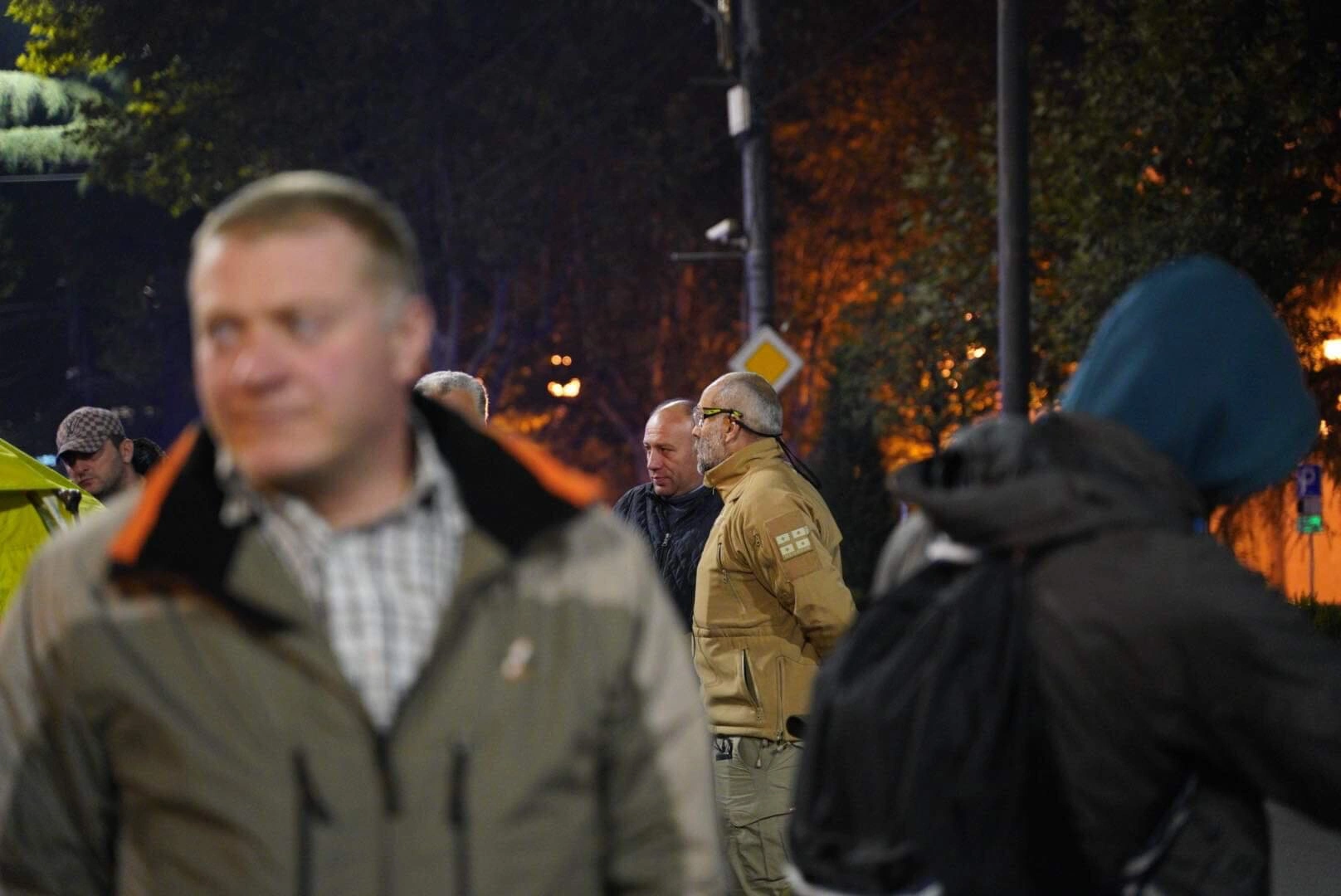



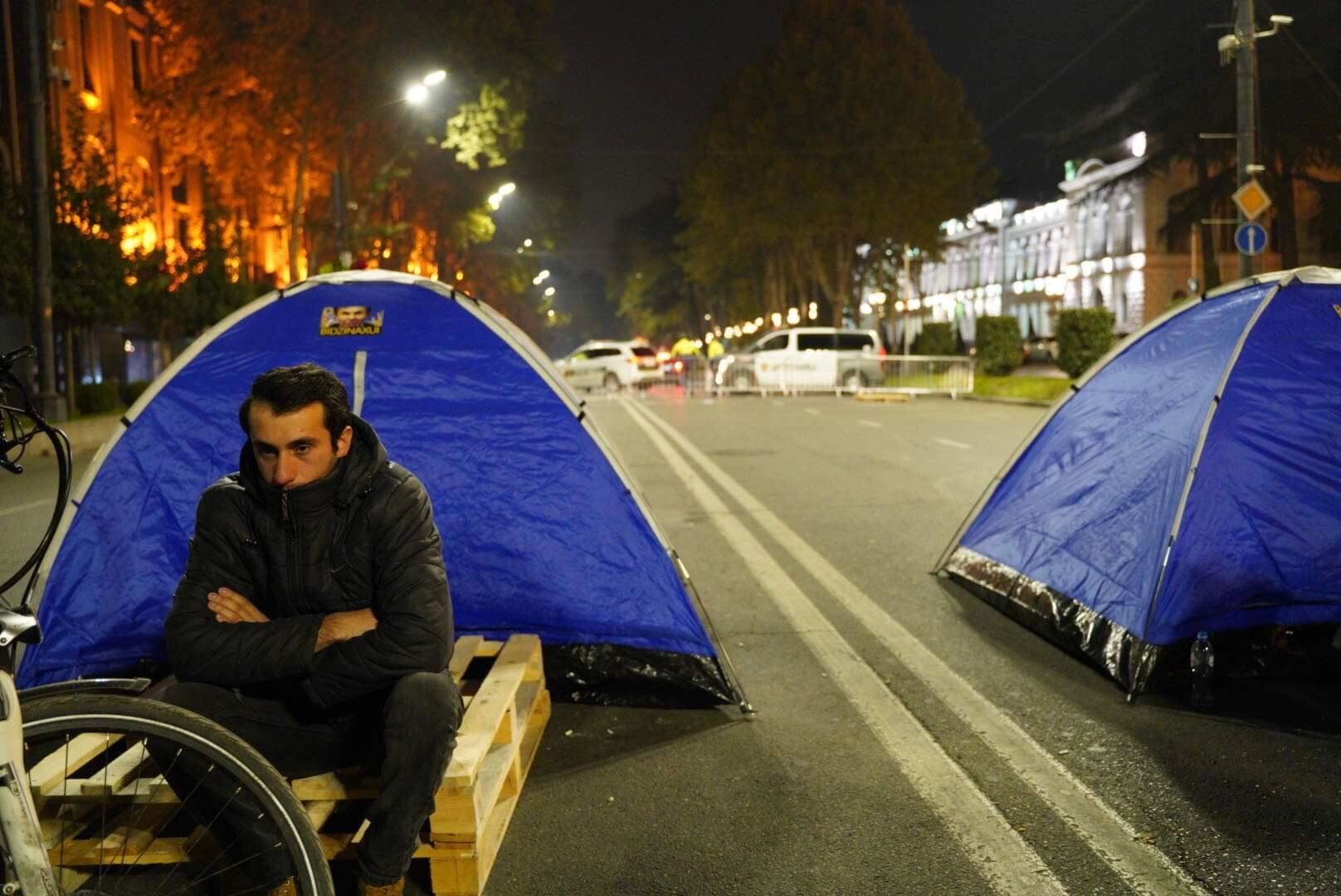




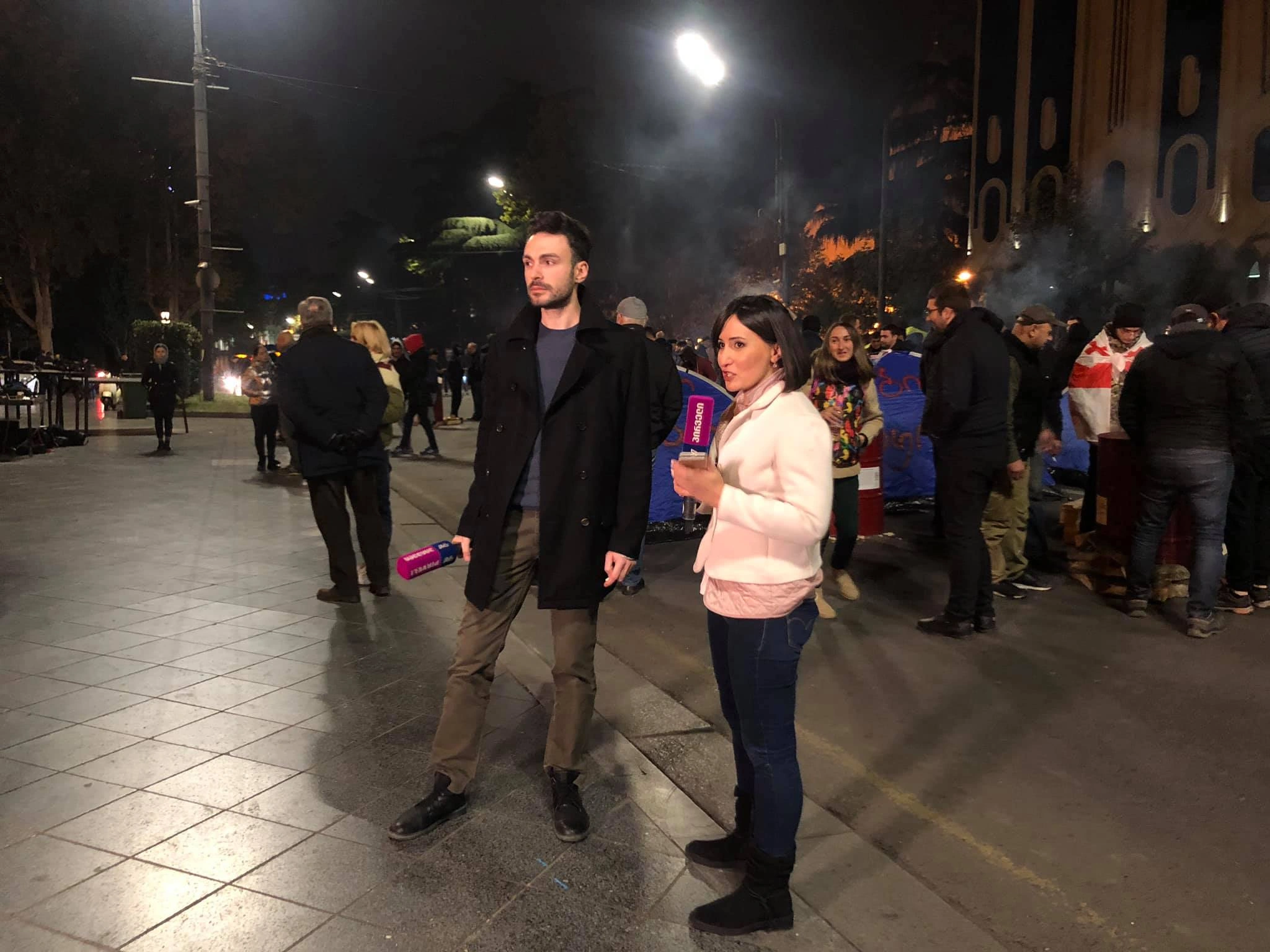
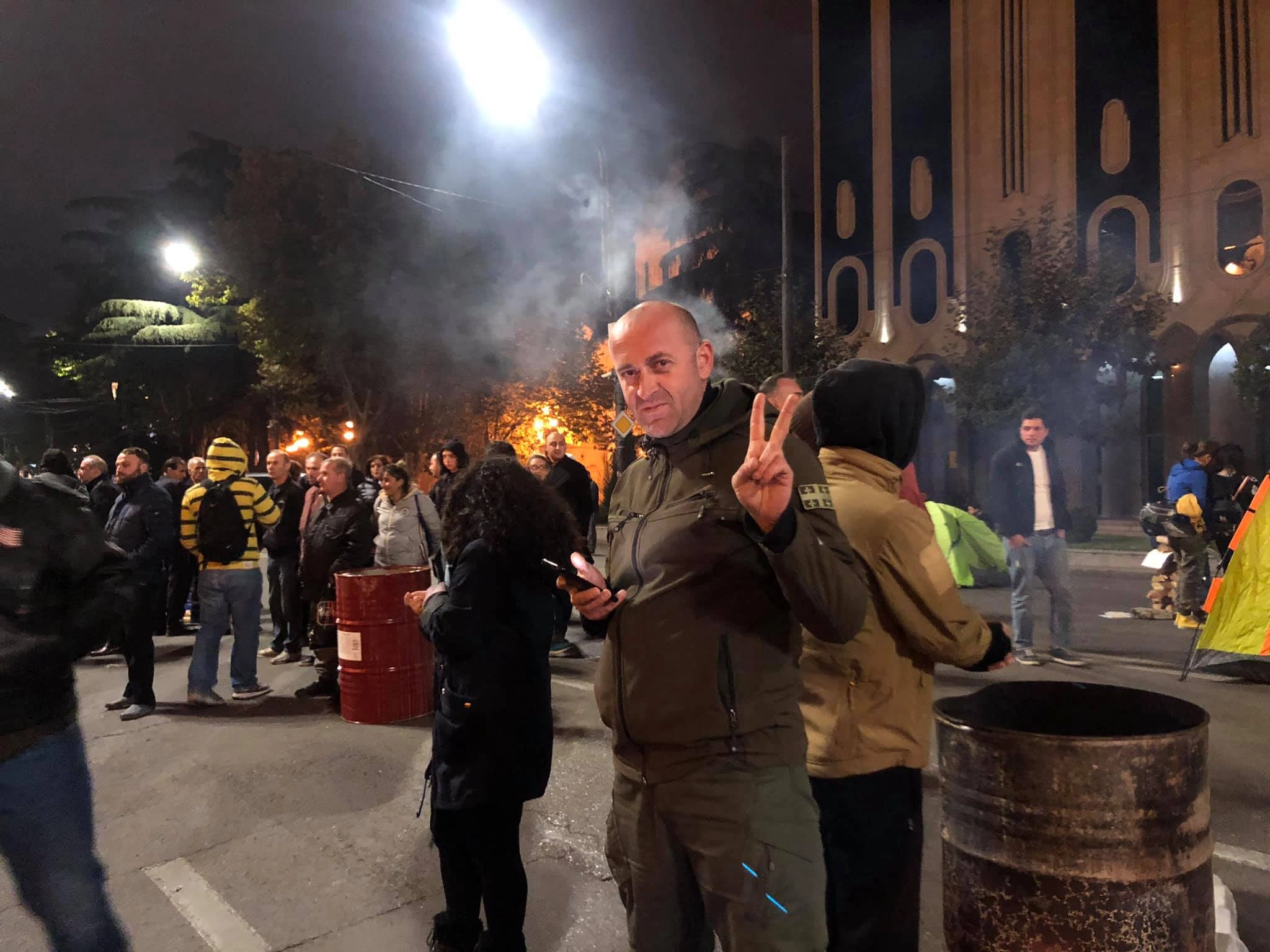
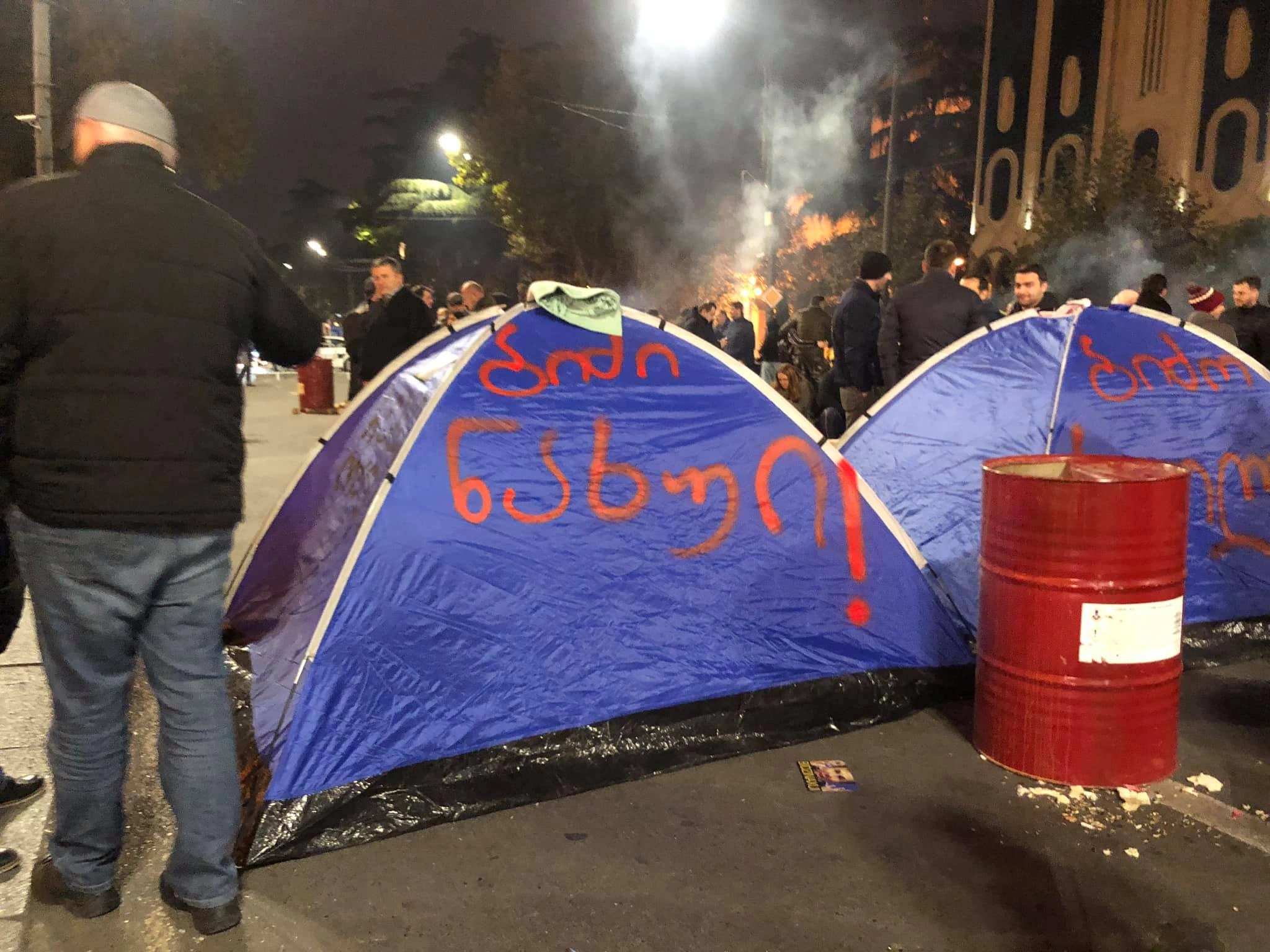
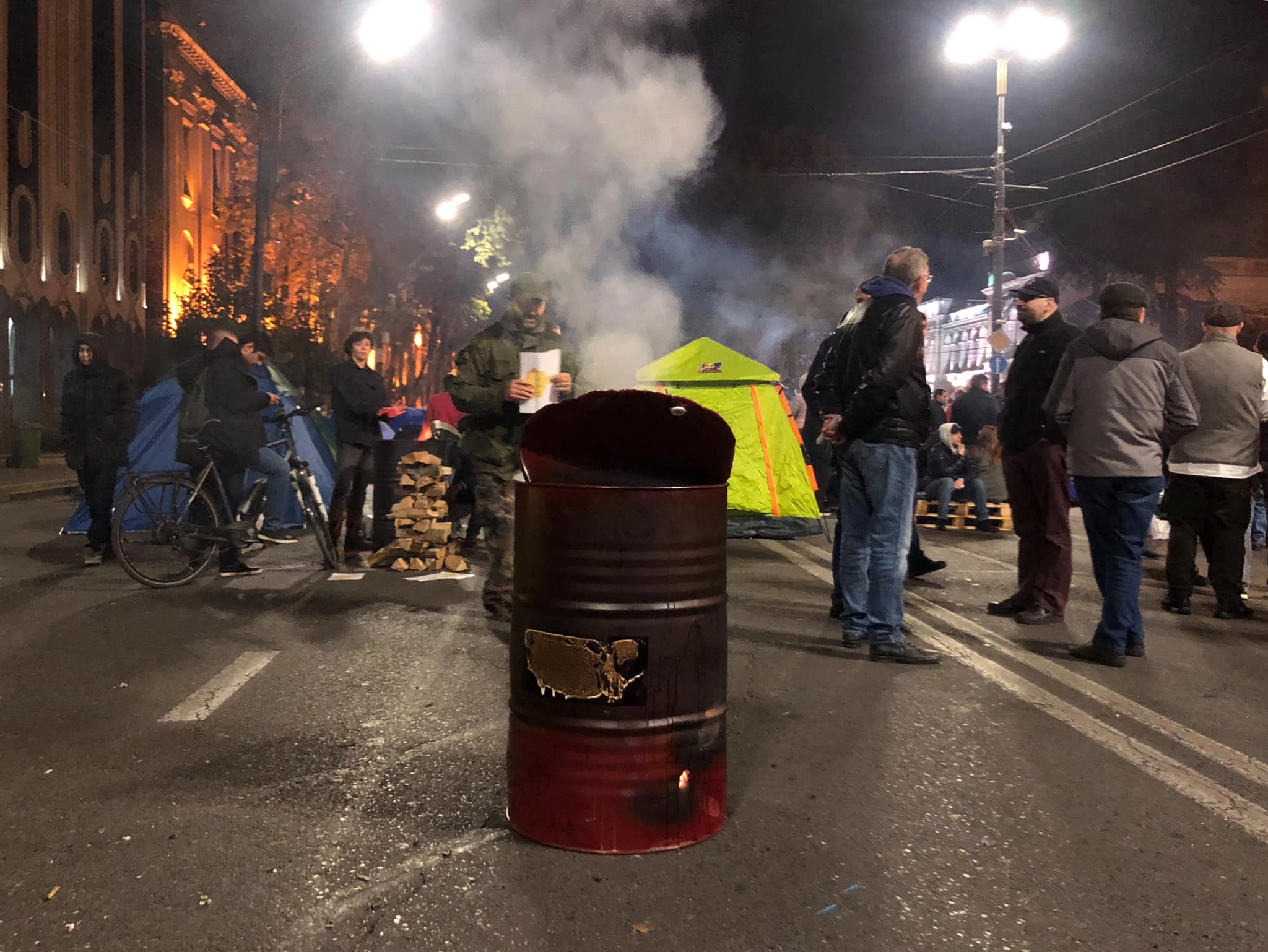
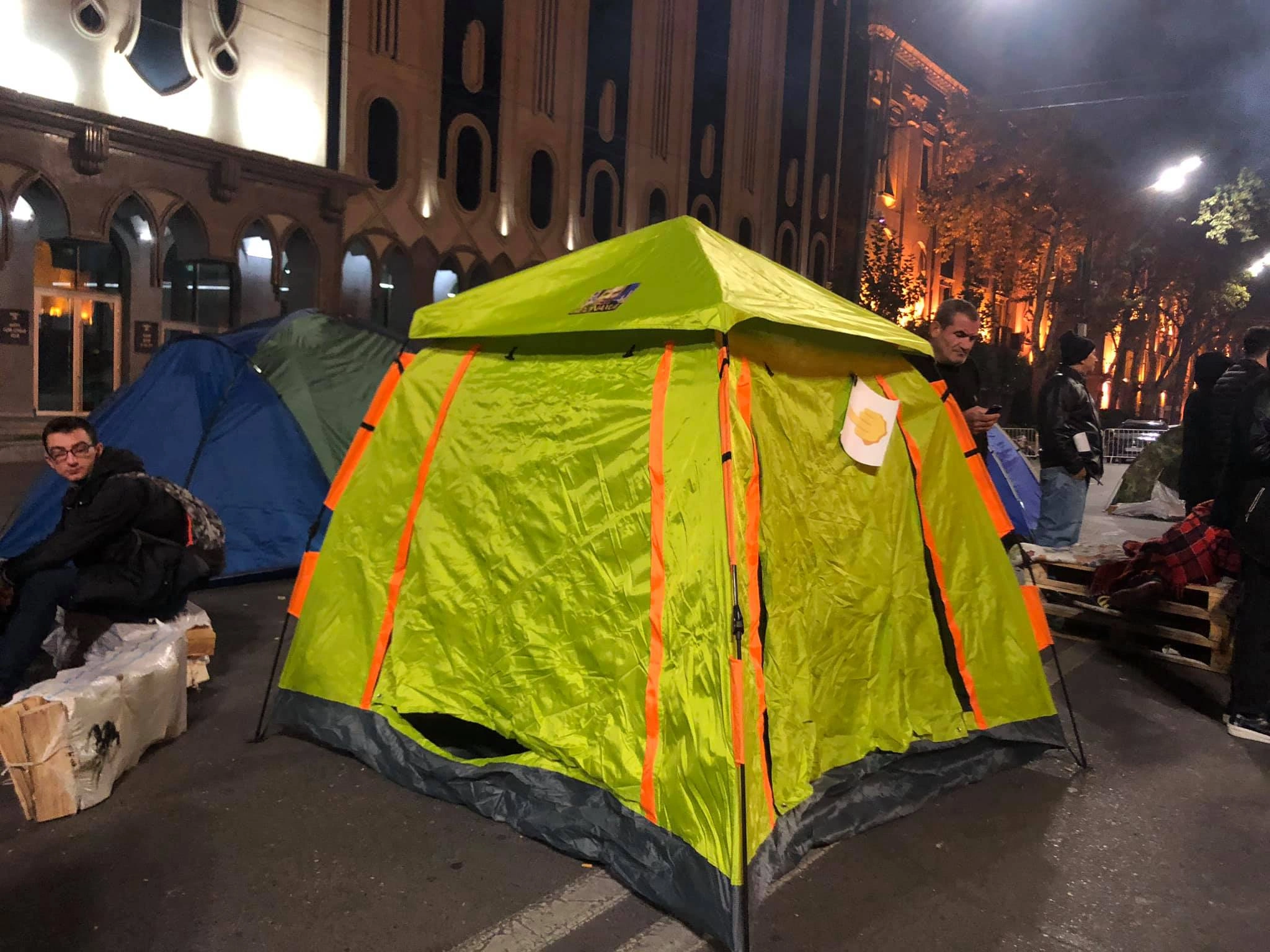
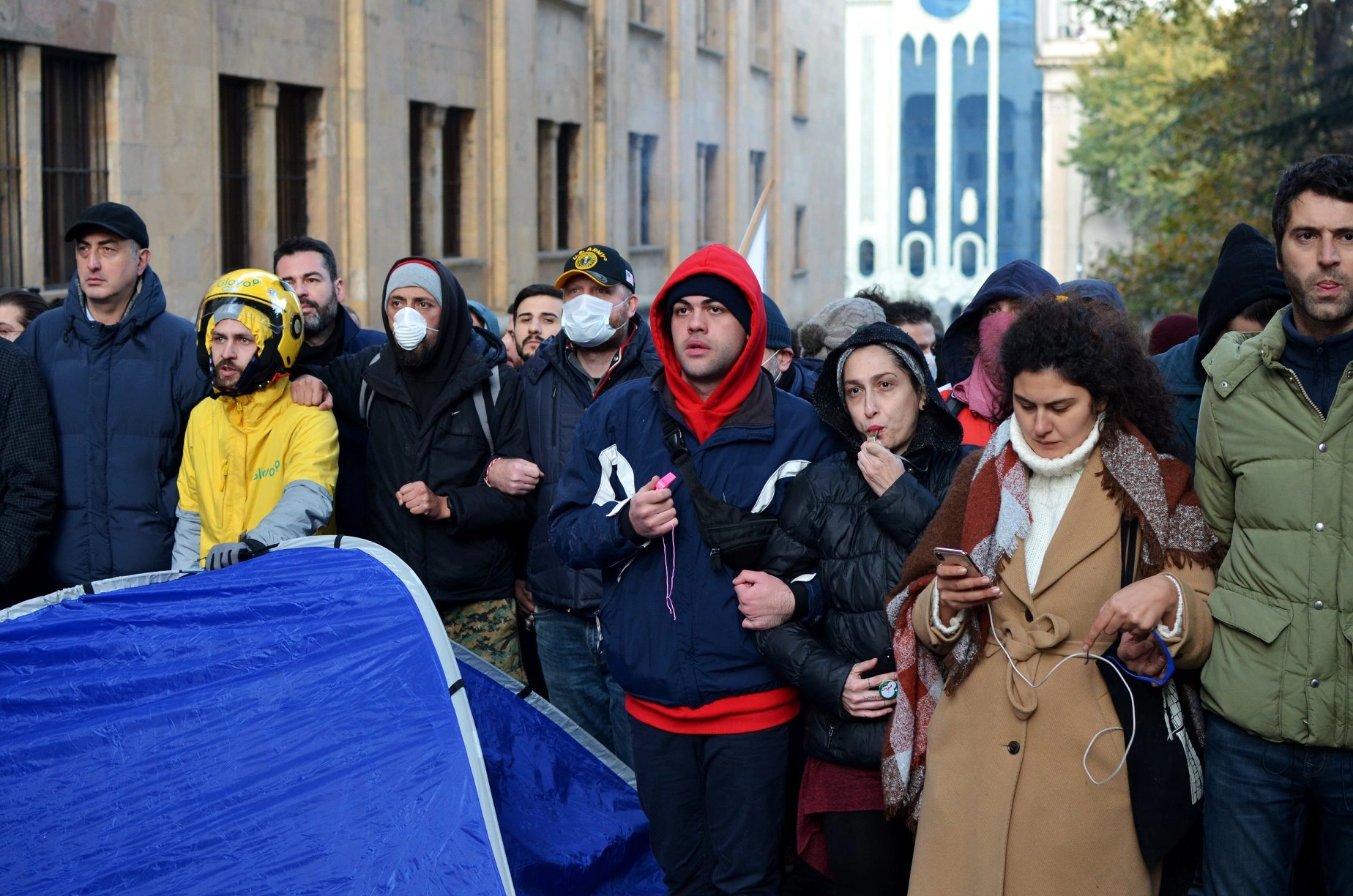
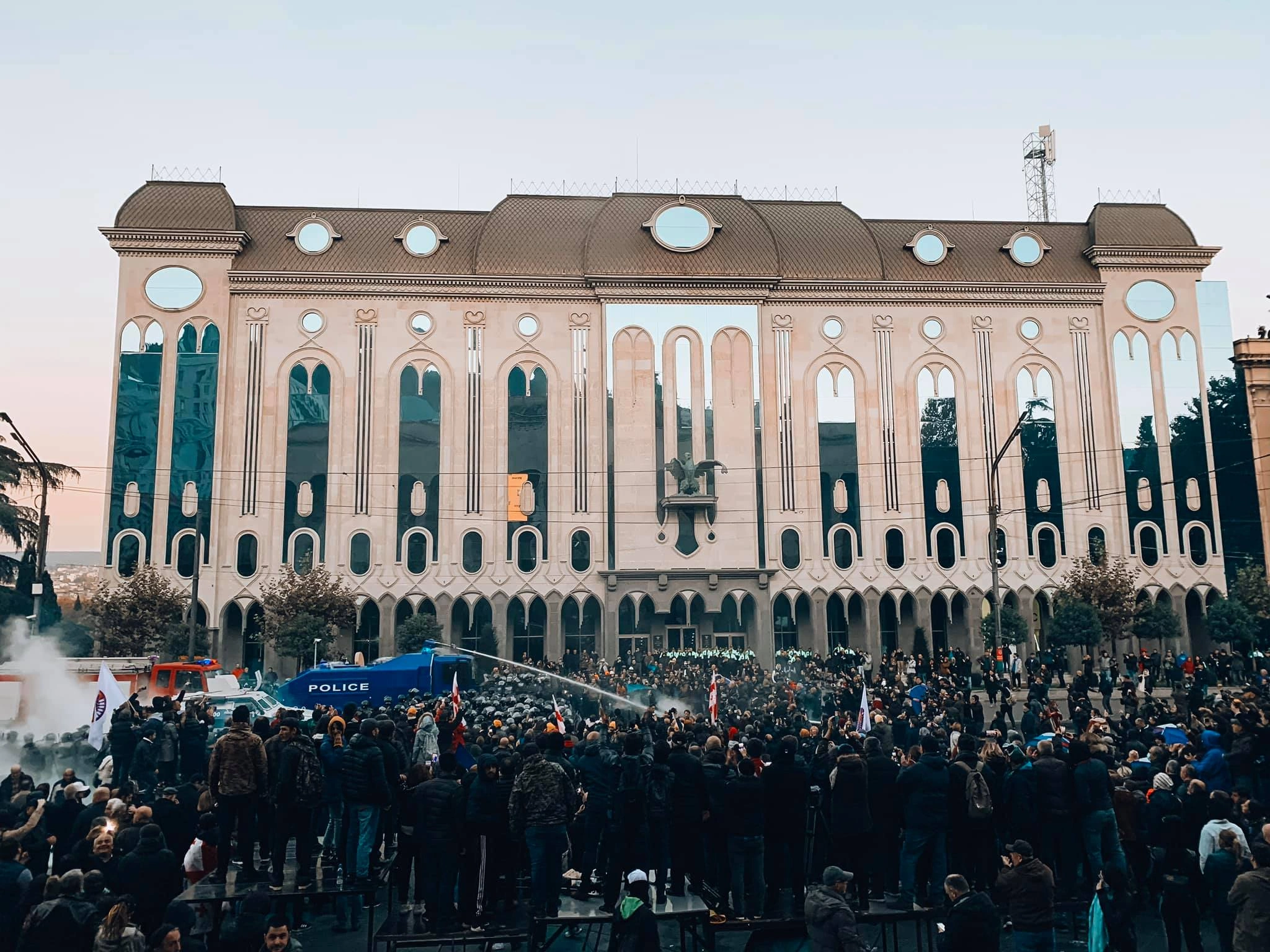
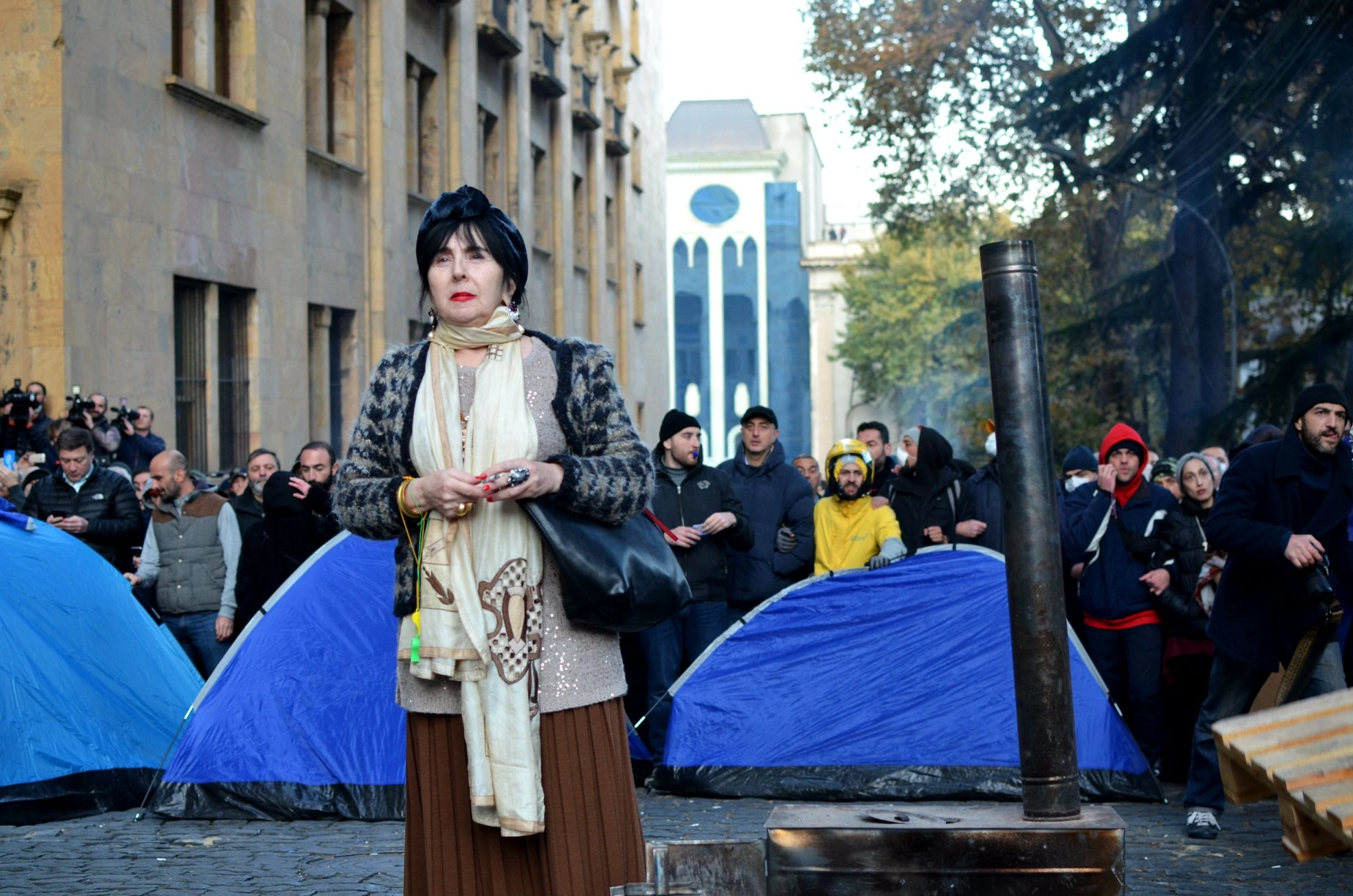

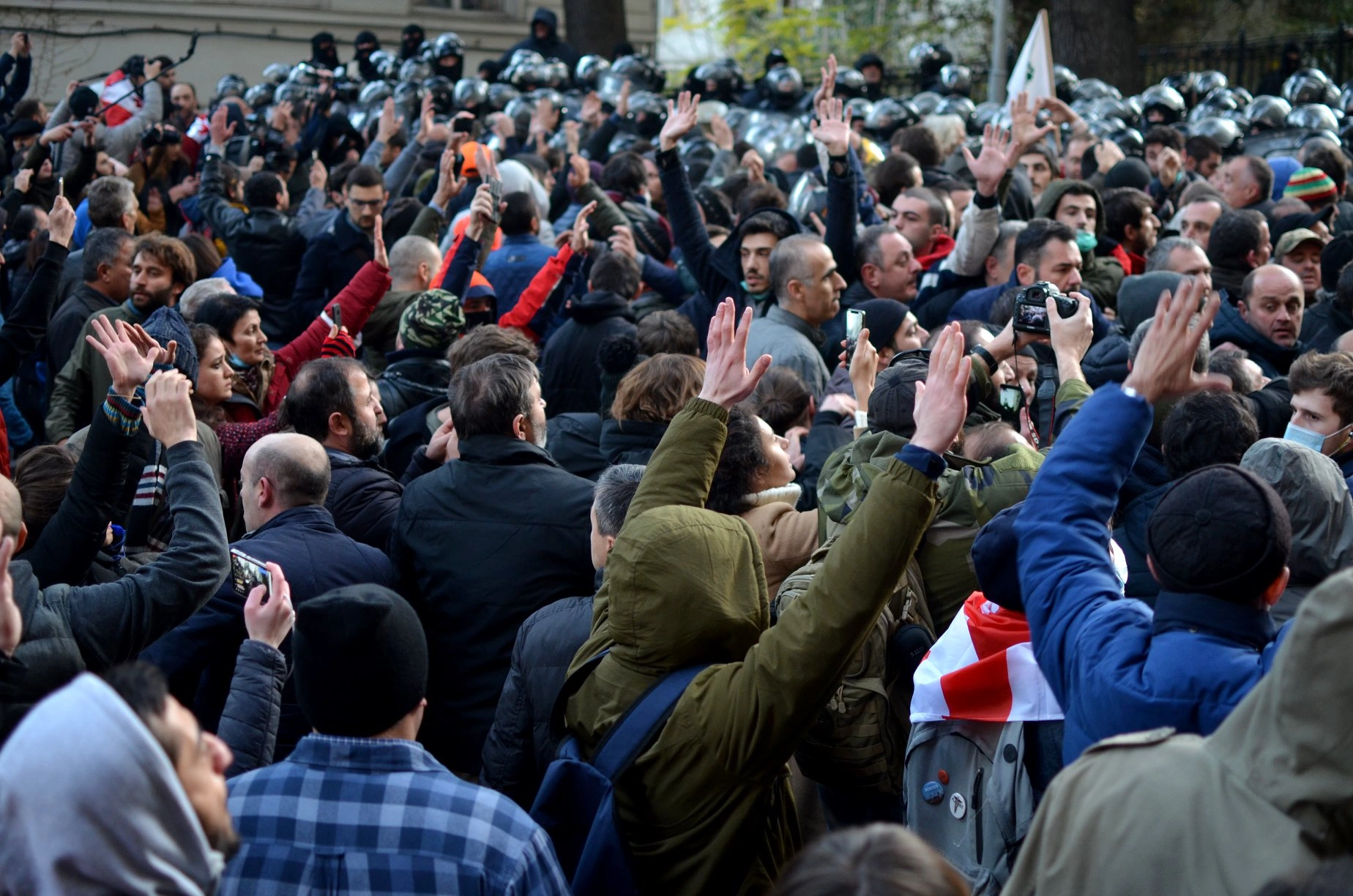


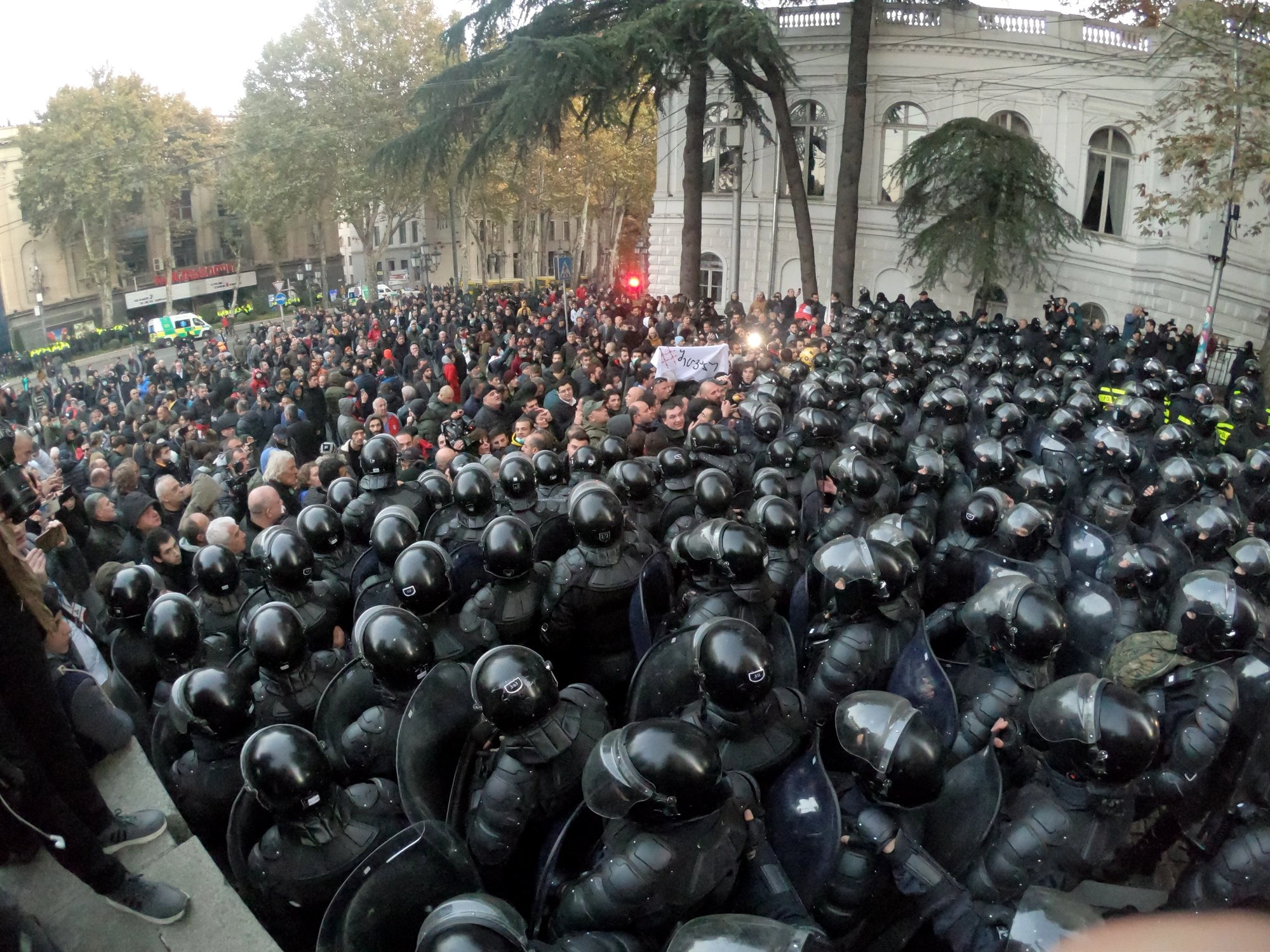
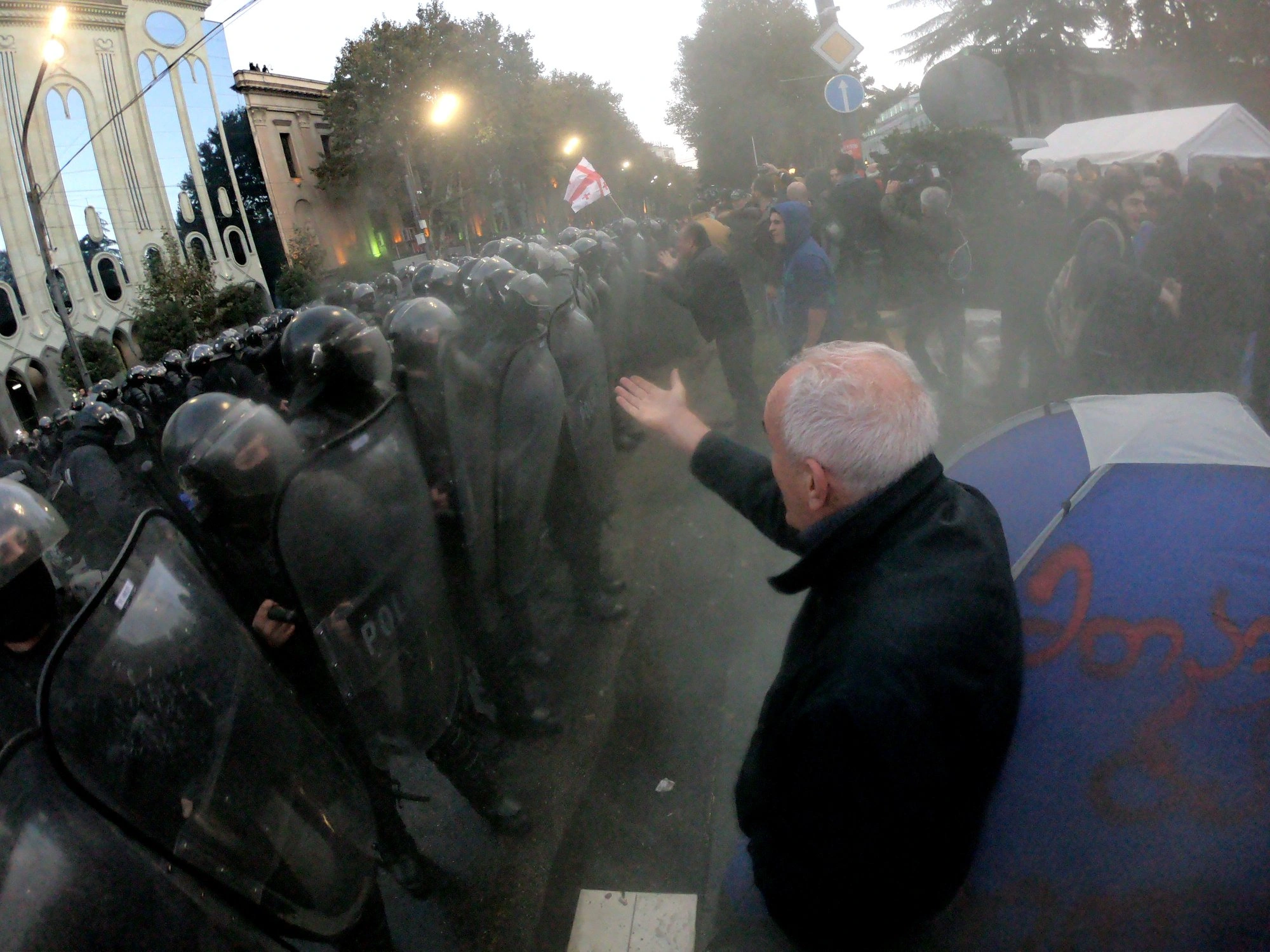
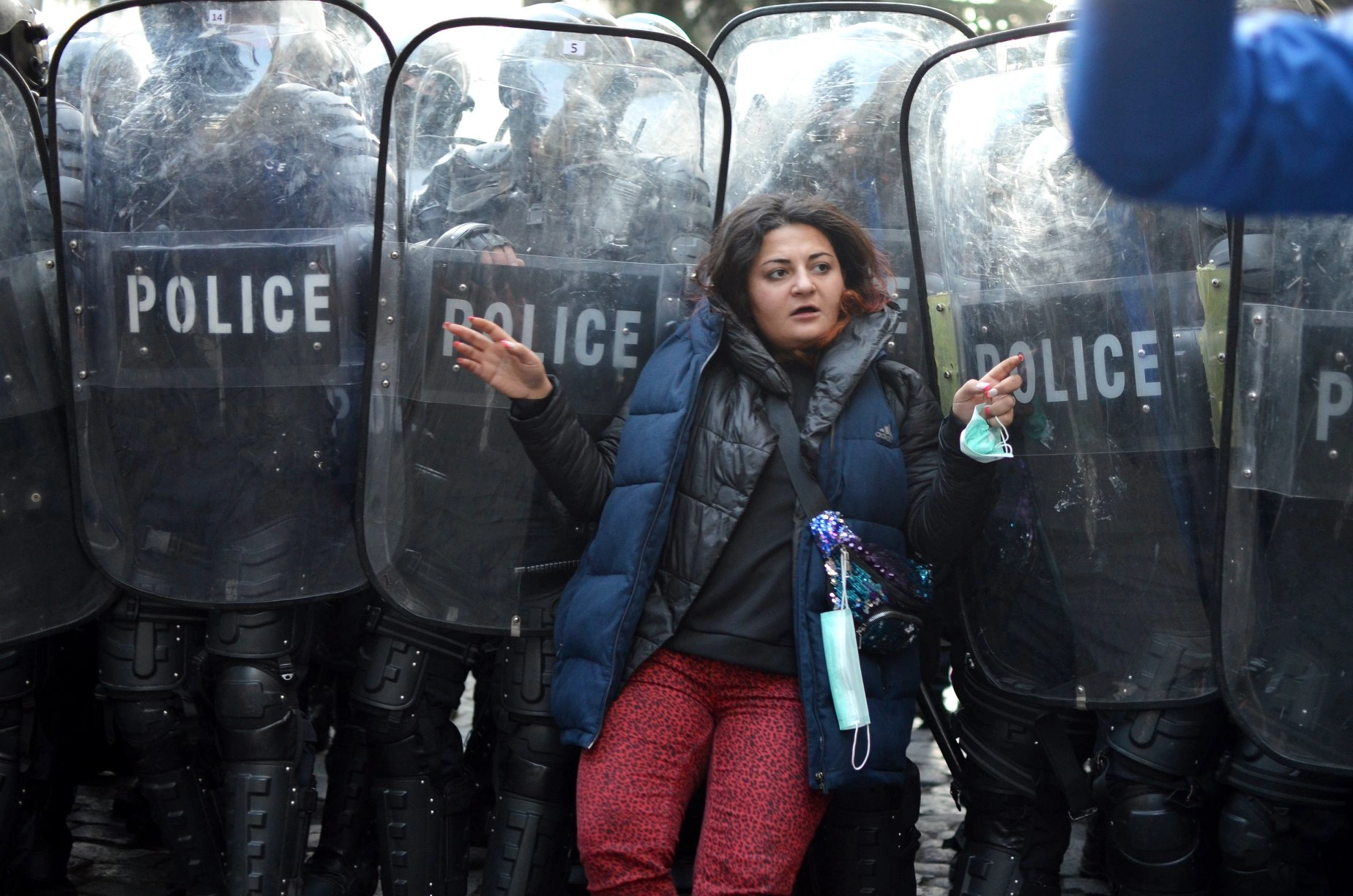
The “Shame movement” played a pivotal role in popularizing the proportional electoral system. Through online campaigns and street protests, their efforts contributed significantly. By July 2019, a survey by NDI indicated that 68% of Georgians were aware of Georgian Dream’s commitment to adopt a proportional election format in 2020, with 85% supporting this change.
On June 24, amidst the fourth day of protests, Georgian society received a promise from Bidzina Ivanishvili himself to fulfill their demand.
